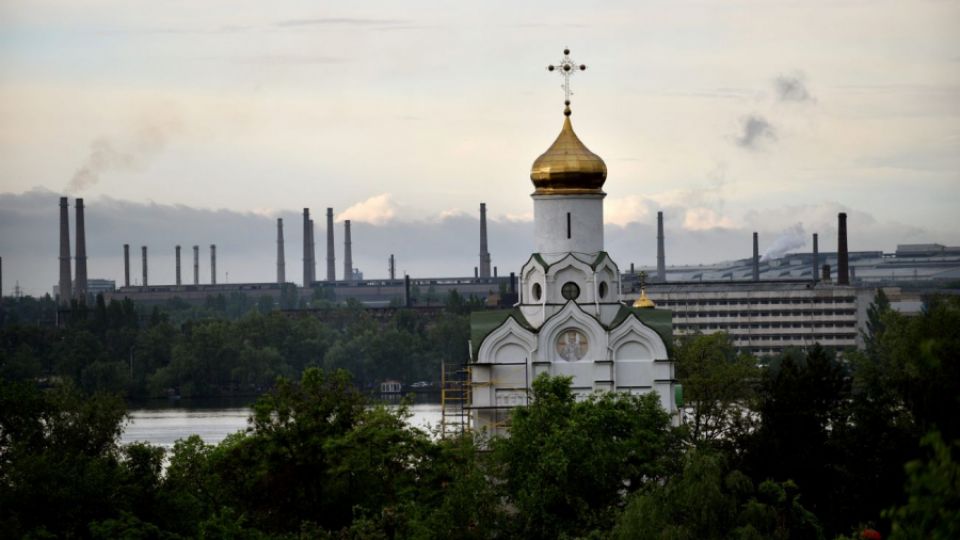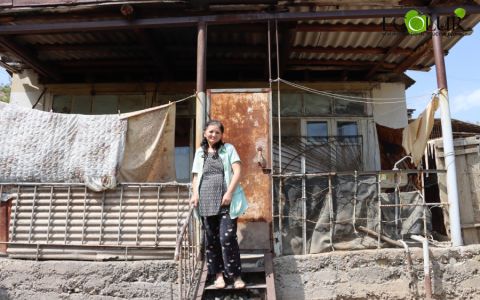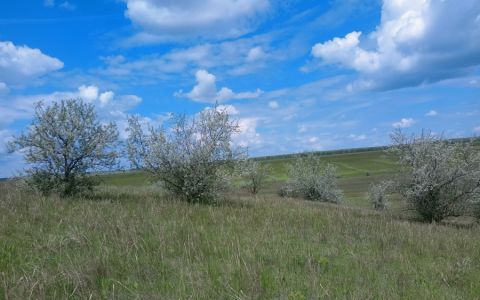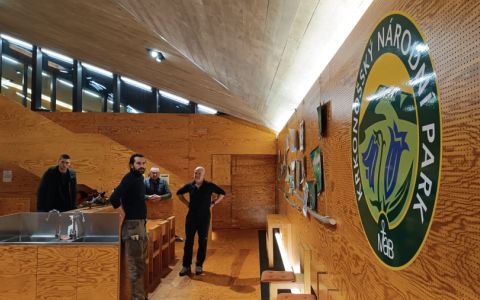Local initiatives on enhancing the air quality in Ukraine will receive financial aid from international organizations. The help will go to grassroots projects in Kharkiv, Kamyanske, Nikopol, and Konotop. In total, an amount of over 6300 EUR will be distributed by the Arnika Association and the ‘Clean Air for Ukraine’ network.
Advocacy analyses and legal support, holding public events, campaign training, PR assistance, data assessment, and the filming of short documentaries, even a post-apocalyptic film clip. Such activities will be backed by international NGOs in order to enhance the air quality struggle in Ukraine.
"In the autumn, we received around a hundred project ideas from different cities in Ukraine for the competition. The desire of people to act and solve air pollution problems really amazed us," said Marcela Cernochova, the coordinator of the Clean Air for Ukraine project. "In two rounds, we carefully analyzed the applications that were submitted and selected four projects that we will support financially with the help of the National Endowment for Democracy (NED) and the Transition Promotion Program of the Ministry of Foreign Affairs of the Czech Republic," she explained. This year’s grant program follows the success of the 2020 projects backed by Clean Air for Ukraine.
Four cities, four problems to solve
The selected projects strive for solutions to the local air pollution, which represents a giant environmental challenge for Ukrainian communities, especially in industrial areas. In this small grants program, organizations distributed financial aid of 6312 EUR.
|
Organization |
Town |
Project title |
Amount |
|
Konotop Centre for Support |
Konotop |
‘Grey Crystal’ performance |
€1242 |
|
Civic Rating |
Kharkiv |
‘Noʼ to Kharkiv Coke Plant |
€1690 |
|
Living Heart |
Kamyanske |
Kamyanske: the problem |
€1690 |
|
Clean City – N |
Nikopol |
Urban Atlas |
€1690 |
|
TOTAL |
€6312 |
Industrial menace of Kamyanske and Kharkiv
In Kharkiv, the Novomet Coke Plant operates without the requisite permits right in the residential area and poisons the 1.5 million inhabitants of Ukraine's second-largest city. Despite a number of protests from civic organizations and local people, the toxic factory is still in operation.
"It is legal help that we need most in order to deal comprehensively and impartially with air pollutants in Kharkiv," said Yana Gederim, head of the Civic Rating NGO. "Legal expertise is a powerful tool, and the first training has already shown us how much air pollution hurts the people in many ways."
Iryna Kravchenko, the head and initiator of the ‘No’ to Kharkiv Koksokhim project, adds: "People will learn to develop legal expertise and to file lawsuits correctly. We need help to analyze the case regarding the revocation of the emission permit for the coke plant, which is currently in court."
A public forum on the air pollution situation will be held in Kamyanske, formerly Dniprodzerzhynsk. The city borders directly with Dnipro, the region’s capital, to the east and is the home of several chemical and metallurgical plants located right in the central parts of the city.
The project is backed to promote greater public awareness and involvement of citizens, activists, local government, and enterprises and their participation in decision-making processes on environmental issues, as Kateryna Borovik, the Living Heart project coordinator, explains: ‘The forum, which will involve young people and scientists, representatives of the public sector, and the government, will develop plans to improve air quality. Our goal is to unite people to ensure clean air for Kamyansky.’
Educating for a clean and healthy future
The third initiative to be supported is that of Clean City – N on creating overall informational and educational material on the aggregate environmental status of the city of Nikopol, also in Dnipropetrovsk Oblast. Activists will collect data on the level of urbanization, landscaping, temperature changes, and air quality from satellites and ground-based stations into an Urban Atlas for daily monitoring.
‘The Urban Atlas consolidates data on air pollution over the past five years, as well as predicting the state of air quality in the future using mathematical modeling methods. In the form of separate maps, it will be published on the Nikopol City Council website," describes the head of Clean City – N, Natalia Zhernakova, and she adds: "A round table is planned in the summer to discuss how the data will help cities and oblasts make management decisions to improve air quality in the region."
And finally, the Konotop video exhibition. "Our show is aimed at educating young people," is how its manager and theatre director, Svitlana Zinovieva, describes the project named Grey Crystal. "We will explain the consequences of air pollution from factories, cars, and burning leaves. We will visit schools, colleges, and technical schools with a video exhibition, and we will communicate with students. If even fifteen percent of the residents of Konotop stop burning leaves and start composting, it will be good," she concludes.
The project also invites all those interested in air protection to take part in workshops and round tables held regularly in different cities. Events will be announced on the project website (www.cleanair.org.ua) and the Facebook page.







